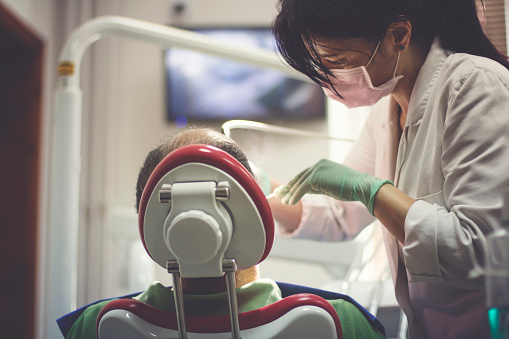
Welcome back to this week’s edition of the news summary blog. This blog outlines the highlights in health news that occurred from 27th October to 2nd of November. This week an acid reflux drug has been discovered to double the risk of stomach cancer and fraud costs the NHS £1 billion per year. In public health news, a report indicates that dentists should give patients advice on diet and there is a consistent gap between the dental health of the rich and poor in England.
A study published this week has shown a link between a commonly prescribed drug for acid reflux and stomach cancer. Patients who were taking the drug long-term were at a 2.4 times higher risk of developing stomach cancer than the control group in the study. The proton pump inhibitors (PPIs) reduces the amount of acid produced by the stomach to prevent acid reflux and stomach ulcers. Patients in the study who were treated with a different drug with an alternative method of action were found to have no link to an increased risk of stomach cancer. The results of the study highlights that doctors should be cautious when prescribing PPIs for long periods.
Figures released indicate that NHS England’s yearly bill for fraud is as much as £1bn. The causes include patients who falsely claim exemptions on dental and prescription fees. In addition to this, it is suspected that fraud is also being committed by staff and contractors. The sum of fraud represents 1% of the NHS budget that could be spent funding strained services. The NHS will increase funding to allow local NHS trusts to combat fraud.
A report published this week suggests that dentists should give patients advice about diet and cutting down on alcohol. It is hoped that dentists discussing these issues with patients could result in a national reduction in obesity and diabetes. The report showed a significant difference between the north and south of England when it comes to dental health. Those living in deprived areas were also twice as likely to be admitted to hospital for dental work as those who were from more affluent areas. Overall, the nation’s teeth are improving with the number of adults living with no teeth reaching an all-time low.
Words: Joelle Booth
